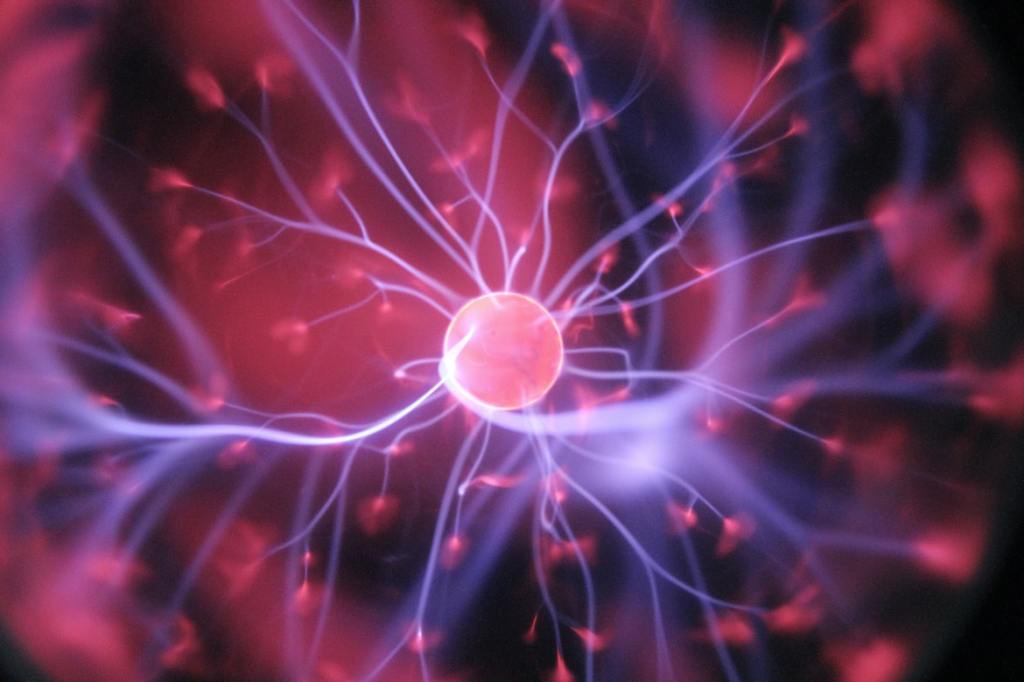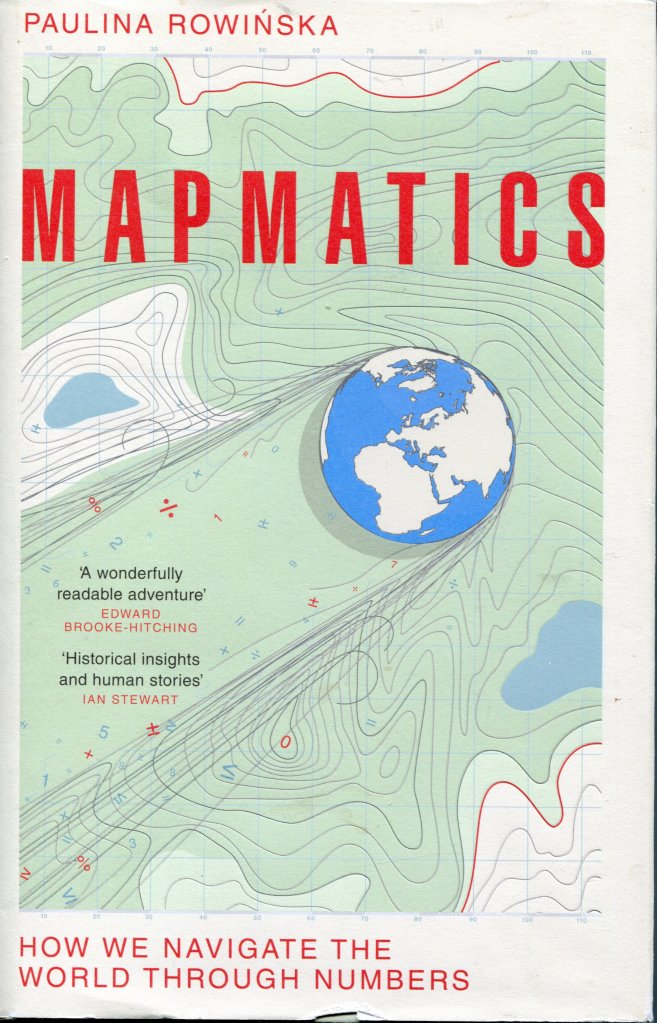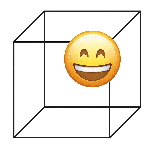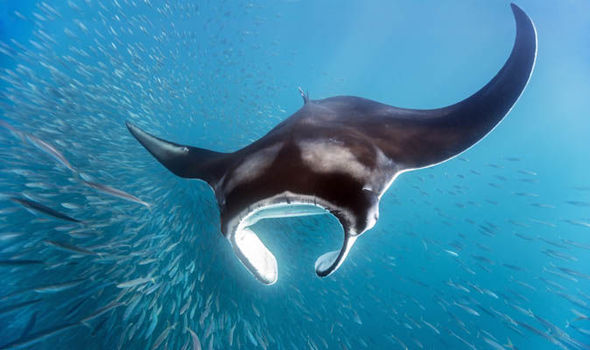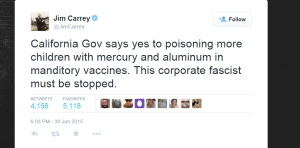Aesthetic Representation of a Neuron1 The brain is capable of storing the computer equivalent of a petabyte, or 100 million gigabytes.1 That’s the equivalent of 4.7 billion books. It has 86 billion neurons, 400 miles of capillaries, 100 thousand miles of nerve fibers, and more than 10 trillion synapses.1 And yet, despite this, our memory […]
Read More